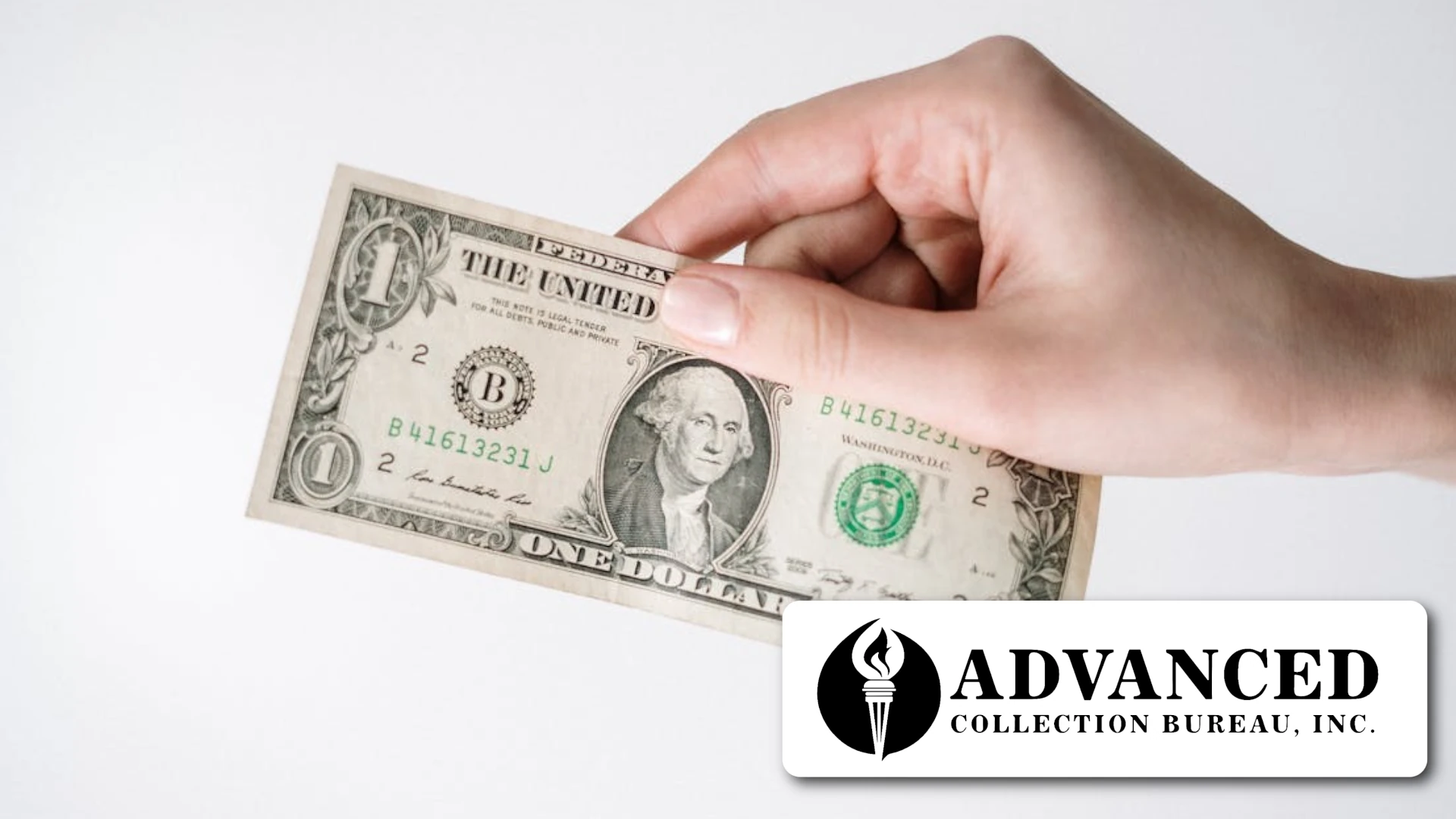Debt. It’s a word that carries weight, sometimes literally and often financially. But what does it actually mean when someone says you’re “in debt”? Does it always mean you owe money? Or can the term have broader implications?
At Advanced Collection Bureau (ACB), we work with landlords, property managers, and businesses every day who are trying to recover what they’re rightfully owed. Understanding the fundamentals of debt is the first step to making informed decisions, whether you’re a creditor or someone trying to get back on your feet. So, let’s break it down.
What Is Debt, Really?
In its simplest form, debt is money borrowed by one party from another under the agreement that it will be paid back; usually with specific terms, interest, and deadlines. That can include credit card balances, unpaid rent, medical bills, personal loans, utility bills, or any other service or product received without immediate full payment.
So yes, being in debt typically means you owe money. But debt doesn’t always start off negative. Many people and businesses use debt strategically to grow. Problems start when payments are missed, communication breaks down, or obligations aren’t met.
When Debt Becomes a Problem
Not all debts are created equal. Some are considered "good debt", like a mortgage or student loan that builds long-term value. But if you miss payments, even good debt can turn into a financial and legal headache.
Debts become especially problematic when:
- You stop paying on time
- You ignore communication from creditors
- Interest and late fees begin piling up
- Your account is sent to a collection agency
Once a debt enters collection, it can damage your credit score, impact future housing or job opportunities, and trigger legal action depending on the type of debt and your state laws.
For property managers and landlords, past-due rent is one of the most common types of consumer debt, and often the hardest to recover without help. Learn more in our article How Apartment Debt Collection Works.
Debts You Might Not Know You Owe
Sometimes people are surprised to learn they’re in debt at all. A few common examples:
- You moved out early, but your lease still obligated you to pay rent
- You thought your insurance covered a medical procedure, but it didn’t
- A utility account in your name wasn’t closed properly and kept accruing charges
- Your roommate didn't pay their half, and you're jointly responsible
These types of debts can sit quietly for months before surfacing in the form of a collections notice or credit report entry. If you’ve been surprised by a debt, this guide on how to dispute a collection can help.
Can You Be in Debt and Not Owe Money?
Technically, no; if you don’t owe money, you're not in debt. But misunderstandings, administrative errors, and identity theft can cause people to appear "in debt" when they aren’t.
For example:
- A medical office bills the wrong patient.
- A debt collector contacts the wrong John Smith.
- Your name was fraudulently used to open a utility account.
That’s why it’s critical to verify the debt before assuming it's valid. The Fair Debt Collection Practices Act (FDCPA) requires collection agencies to validate debt if requested. ACB encourages transparency and clear communication, which you can read more about in Building Stronger Tenant Relationships Through Transparent Debt Recovery.
What Happens When Debt Is Sent to Collections?
Once a creditor gives up trying to collect the debt themselves, they often hire a third-party agency like ACB to recover the funds. Depending on the agency and your state’s laws, this can involve:
- Phone calls or letters requesting payment
- Credit reporting (ACB reports twice a month)
- Legal action (if permissible)
- Potential wage garnishment if a judgment is granted
ACB never charges upfront fees and only gets paid if we recover what’s owed, a model that protects landlords and businesses from spending more on debt than they’ll ever recover. Learn how this works in How Contingency Fee Debt Collection Works.
If You Owe Money, What Should You Do?
If you’re in debt, especially if it’s been sent to collections, here are a few smart steps:
- Don’t ignore the debt. Silence can lead to credit damage or legal action.
- Request a validation letter. Know exactly what the debt is and who it’s owed to.
- Work out a plan. Many agencies offer payment plans or lump-sum settlement options.
- Check your credit. Ensure the information being reported is accurate.
- Document everything. Keep records of all communication and payments.
For landlords, business owners, or property managers struggling to collect from tenants, ACB’s debt recovery services are designed to deliver results without damaging your brand or tenant relationships.
Final Thoughts: Debt Doesn’t Define You, But It Must Be Addressed
Being in debt doesn’t make you irresponsible or unethical. Life happens. But ignoring debt won’t make it go away. Whether you're trying to recover a debt or get help resolving one, clarity and communication are the keys.
If you’re a landlord or business owner dealing with unpaid accounts, ACB is here to help. Our team works swiftly, ethically, and compliantly to recover what you're owed, without charging a cent unless we succeed.














